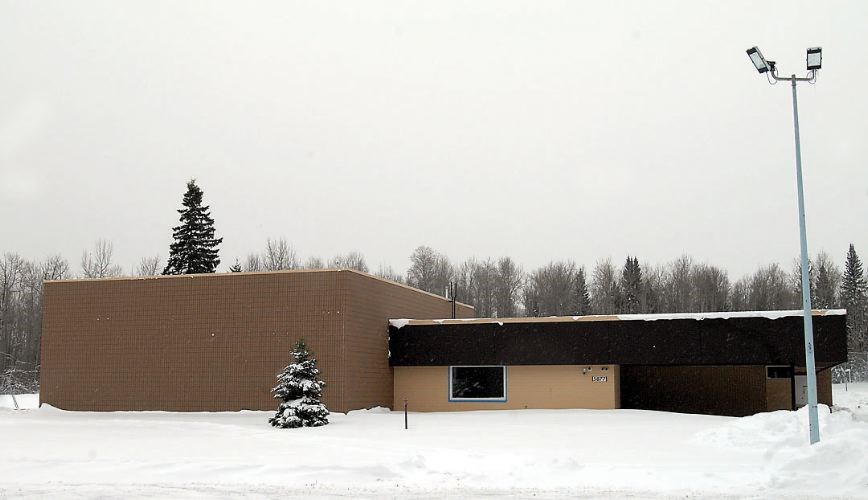The lines of communication between the group behind the Northern Supportive Recovery Centre for Women and their Haldi-area neighbours have been severed.
On April 22, city council passed final reading on the official community plan and rezoning amendments to facilitate the opening of a 30-bed residential therapeutic facility in the former Haldi elementary school.
The decision has left neighbouring residents headed down the path towards another round of legal action against the city and re-established the cone of silence between them and the proponents.
Following the centre's initial approval in December 2011, a Supreme Court judge ruled the zoning change approved by council was inconsistent with the city's official community plan eight months later.
"Obviously, our next step is to get the centre open," said centre spokesperson Dr. Michelle Sutter this week. "We do respect the neighbours' decision to proceed with the option they have chosen. Unfortunately we are not in communication with them anymore, at their request."
Previously, residents had been in contact with the recovery centre principals for informal discussions about neighbourhood agreements that were in place in other communities, explained area resident Laura Jagodnik.
"With the likelihood of legal action pending, it would be inappropriate to undertake the discussion of neighbourhood agreements for an enterprise which may not come to fruition," she said.
According to Sutter, the proponents hope to get the women's recovery centre up and running within the year.
"The timelines are a bit unclear, currently. We're looking to get it done as soon as possible," she said, noting there was interest from prospective clients before their application even passed third reading at council.
And while the original plan was to be able to take in whoever was volunteering for help, "the reality of the situation is we will have to have private paying participants as well as, hopefully, some government-funded positions," Sutter said. "But currently it's not feasible to have 100 per cent government funded."



